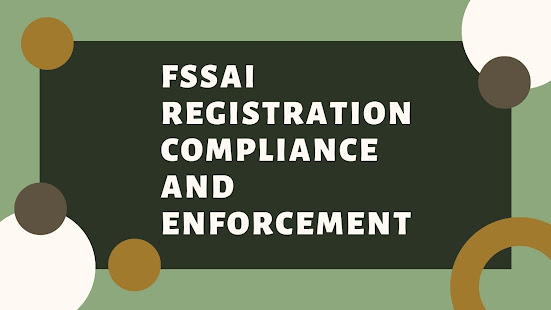
Is freelancer required to take GST registration - Applicability & Rates As an AI language model, I can provide you with a summary of the requirements and applicability of Goods and Services Tax (GST) registration for freelancers, along with information on the rates. However, please note that tax regulations may vary by country, and my response will focus on a general understanding of GST. Goods and Services Tax (GST) is an indirect tax levied on the supply of goods and services in many countries worldwide. It is designed to replace multiple cascading taxes and streamline the tax system. The requirement for freelancers to register for GST depends on several factors, such as their annual turnover, the nature of their business, and the regulations of the specific country they operate in. It's important for freelancers to consult with a tax professional or local tax authority for specific guidance tailored to their situation. In general, if a freelancer's annual turnov...









